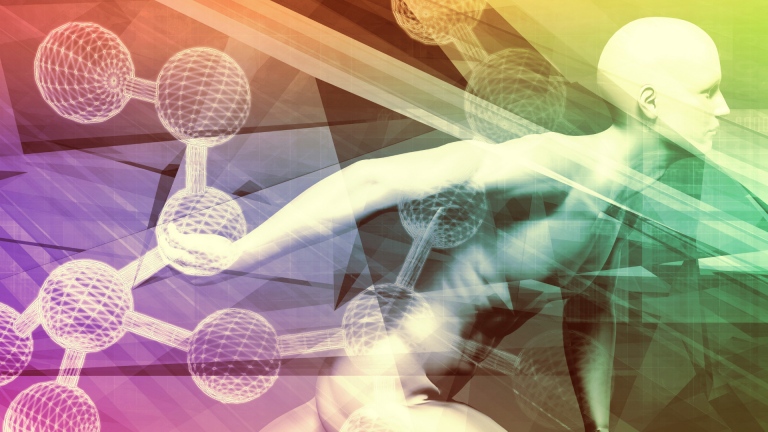Perimenopause
Perimenopause: Hormone Imbalance in Women; discussing the three main hormones and their impact.
Perimenopause can easily sneak up on the unsuspecting woman. It’s a difficult truth but our reality. It had been two years since I last saw Suzy in my office. A pretty, vicarious mother of two teenage boys, I noticed, as I entered the room, that she had added some weight to her midsection, and she was not her usual bubbly self.
“Dr. Kauffman, I don’t know what is wrong with me! I eat the same and exercise daily, but I keep gaining weight! She continued, “But that is the least of it; I have insomnia for the first time in my life! And my poor husband, I have no sex drive!”. I suggested to Suzy that at 45, these symptoms suggested perimenopause.
“But doctor, my periods are regular; they have gotten much heavier lately. I explained to Suzy that women have three main hormones that decrease during the transition into menopause; estrogen, testosterone, and progesterone.
Progesterone and testosterone are the first hormones that decrease, while estrogen levels remain fairly stable. This decrease typically starts in the early to mid-forties, setting the beginning stages of perimenopause.
With progesterone decreasing while estrogen remains the same, this creates a relative excess of estrogen, sometimes called “Estrogen Dominance.” This frequently is the reason for increasingly heavy periods experienced by women in their forties.
Women with low progesterone may experience symptoms such as;
- Insomnia _ trouble sleeping, waking up in the middle of the night
- Fuzzy Thinking” misplacing keys, forgetting where the car is parked, feeling overwhelmed.
- Worsening PMS with heavier, more painful periods
- Headaches are increasing in frequency, with new onset migraines.
Testosterone is an important hormone for women as well as men.
As a woman’s testosterone level declines in perimenopause, she may experience symptoms such as;
- Decreased libido
- Inability to orgasm
- reduced sense of wellbeing, energy, and sex drive
- dysphoria
The final hormone to decrease perimenopause is estrogen. This occurs late in perimenopause, signaling the transition into early menopause.
Symptoms of low estrogen can include:
- Hot Flashes
- Night Sweats
- Pain during intercourse
- Thinning, drooping skin
- Recurrent urinary tract infections Women are grossly underrated in perimenopause.
It is not uncommon for women to suffer for years.
Left untreated, these hormonal imbalances can cause great stress in a woman’s life. It can damage one’s life emotionally, physically, and mentally. Fortunately, it is possible to replace the hormones that decrease during perimenopause and menopause.
Just like someone suffering from hypothyroidism, women suffering from low estrogen, progesterone, and testosterone can have these hormones replaced. The first step is to schedule blood work by Dr. Deborah Kauffman to evaluate you for hormonal deficiencies.
**NOTE** The content in this blog is subject to interpretation and is the opinion of the content writer. We do not claim it to be fact. We encourage you to consult a medical doctor before taking any prescribed medications or supplements.
Conclusion
Supporting Hormones health is essential for overall well-being and vitality. By incorporating regular exercise, proper nutrition, adequate sleep, stress management techniques, and IV therapy, you can help maintain optimal testosterone levels and lead a healthy, balanced life. Always consult a healthcare professional before making significant changes to your lifestyle or starting any new treatments to ensure they suit your needs.
At AAI Rejuvenation Clinic, we advise anyone to think seriously about beginning Hormone treatment if there is no medical need for it. However, we will take every precaution to ensure that you read your program’s positive benefits by providing the latest at-home hormonal mouth-swab testing to ensure we are continually monitoring your progress and aware of any adverse side effects. Fill out the Medical History Form, or if you need more information, call us at (866) 224-5698 or (866) AAI-Low-T.
Low Hormone Symptoms
- Motivation
- Sex Drive and Desire
- Depression
- Fatigue
- Erectile Dysfunction
- Cholesterol
- Low Energy
- Memory Loss
- Osteoporosis
- Wounds & Illness
- Muscle Mass
- Sleep Disturbances
- Thyroid Dysfunction
- Weight Gain
]]>




